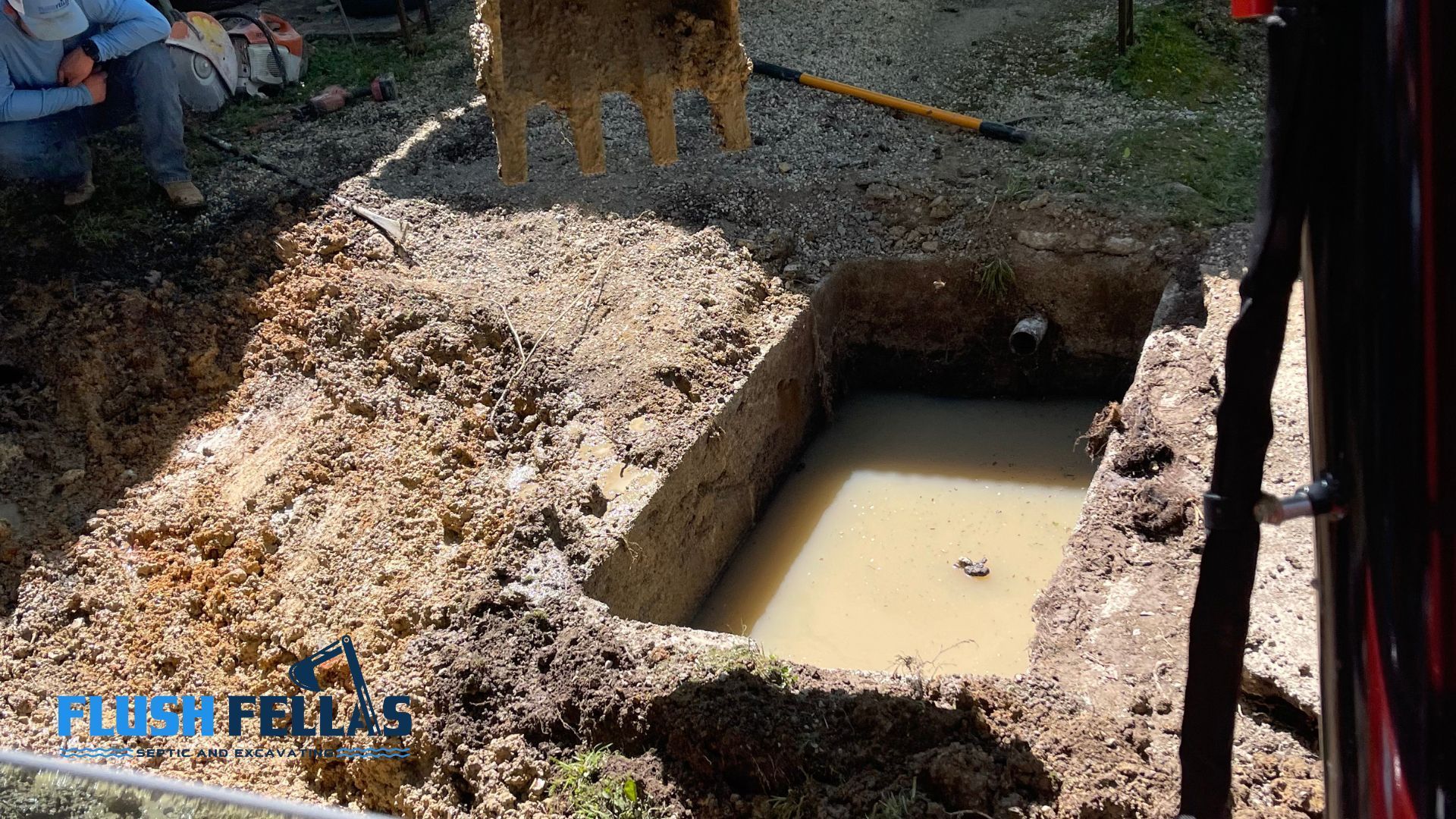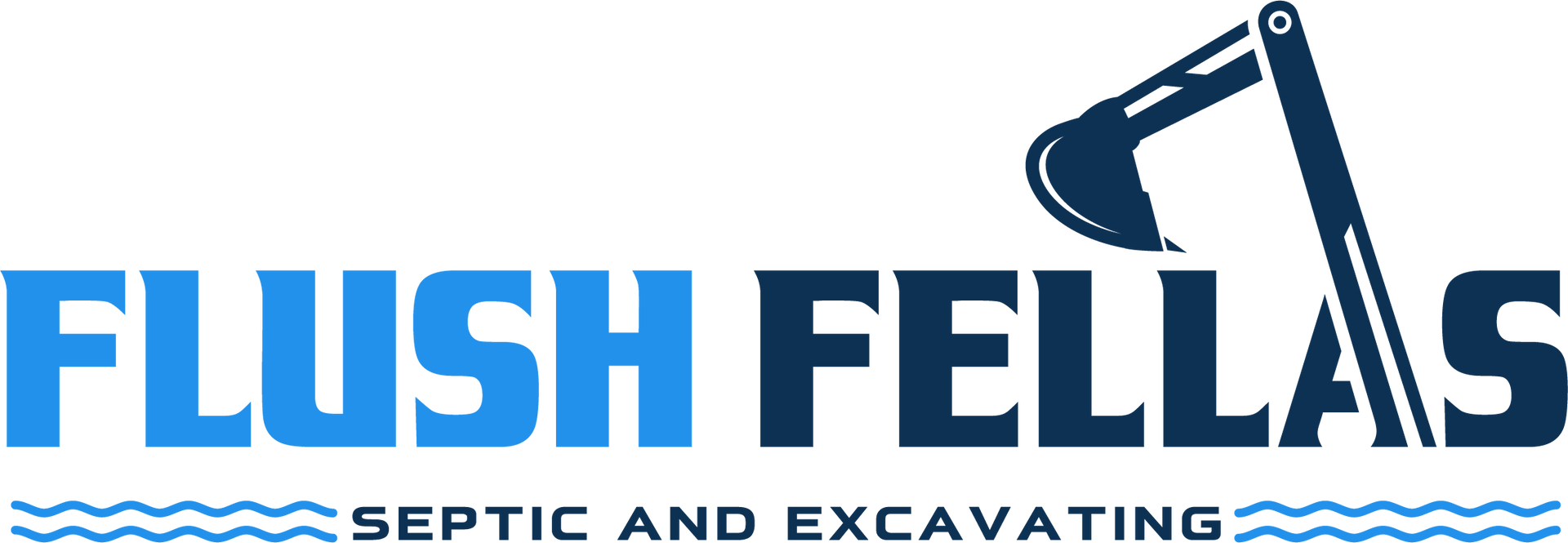In geographic locations that do not have access to centralized sewer systems, the use of waste treatment systems such as septic systems are essential. These decentralized systems provide on-site management and treatment of wastewater from residential properties. Even though the idea behind septic systems is relatively common knowledge, many distinct varieties of septic systems are available on the market today, each of which is tailored to meet the specific conditions of a given location.
The design and size of a septic system can vary widely, from within your neighborhood to across the country, due to a combination of factors. These factors include household size, soil type, site slope, lot size, proximity to sensitive water bodies, weather conditions, or even local regulations. Below are ten of the most common types of septic systems used, followed by illustrations and descriptions of each system.(1) We will examine the various kinds of septic systems, their components, and how they safely treat and dispose of wastewater.
Aerobic Treatment Units (ATUs)
Aerobic treatment units are advanced sewage treatment systems that incorporate oxygen-consuming bacteria to speed up wastewater treatment. ATUs, in contrast to traditional systems, bring oxygen into the septic tank through aeration rather than relying on the anaerobic bacteria that are usually present there. It stimulates the growth of aerobic bacteria, resulting in a more effective breakdown of pathogens and other organic matter. After the effluent gets treated, it is distributed throughout the drain field or used for irrigation. ATUs are an excellent choice for properties that either have a restricted amount of space or poor soil conditions.
Sand Mound Septic Systems
Sand mound septic systems get designed explicitly for regions with shallow or inadequate soil depth, high water tables, or restrictive soil properties. This system includes a raised sand mound that functions as a filter bed and provides additional treatment before the effluent reaches the natural soil. Because the effluent and soil can spend more time in contact with one another thanks to the sand mound, the filtration and treatment process is significantly improved. It is necessary to perform regular maintenance to prevent the sand bed from becoming clogged and to guarantee that the system will function correctly.
Septic Systems with Pump
Some regions do not lend themselves well to installing conventional gravity septic systems due to the topography or the high-water tables.
Septic tank pumping chattanooga tn systems that are equipped with pumps are typically used in these kinds of situations. The
septic tank pumping chattanooga systems operate in a manner that is analogous to that of conventional gravity systems; however, they consist of a pump chamber that is responsible for transporting effluent from the septic tank to the drain field. Even when the effluent flow caused by gravity is insufficient, the
chattanooga septic tank pumping pump swill ensure it reaches the drain field. The system's operation must have the
septic tank pumping chattanooga pump regularly checked and serviced by
septic tank pumping companies in chattanooga area to ensure optimal results.

Drip Irrigation Septic Systems
Traditional drain fields can be replaced with drip irrigation septic systems as an alternative, particularly in locations with restricted space or soil conditions unsuitable for conventional drain fields. This system uses a network of pipes with small holes or emitters to distribute the treated effluent directly onto the soil's surface. Rather than allowing the effluent to percolate through the soil, this system achieves the same result by bypassing the soil entirely. The effluent is eventually absorbed by the soil, then treated by the vegetation. Drip irrigation systems can effectively accomplish the Septic treatment, which can get installed on uneven terrain.
Mound Soak away Systems
Mound soak away systems typically get installed on properties with insufficient soil percolation rates or in areas prone to flooding. They work in a manner comparable to that of sand mound systems, elevating the drain field above ground level to improve treatment. The elevated mound allows for increased aeration and drainage of the effluent, which enhances the treatment process before the effluent is allowed to percolate into the natural soil.
Recirculating Sand Filter Systems
Combining aspects of conventional septic systems with more contemporary approaches to treatment, recirculating sand filter systems (RSFs) are becoming increasingly popular. The method comprises a septic tank, which facilitates the settling of solids, and a recirculating sand filter bed, which enables additional treatment. The sand filter bed facilitates Biological and physical filtration, which eliminates pathogens and suspended solids from the effluent. After that, the effluent that has gotten treated can either be collected for later use or safely discharged back into the ground.
In locations that are not serviced by centralized sewer systems, the use of septic systems is necessary for the treatment of wastewater. The conditions of the soil, the dimensions of the property, and the regulations in place in the area all play a role in deciding which type of septic system to install. Suppose homeowners and property owners can understand the various types of septic systems and the components that make up these systems. In that case, they will be better equipped to make educated decisions about which option is the most suitable for meeting the unique requirements. These decentralized waste treatment systems need to have regular maintenance performed on them, and they need to get used well if they are to last for long and if they are to be effective and cheap when considering the
cost to pumping septic tank in Chattanooga tn.
For more information on Flush Fellas Septic & Excavating and our services, feel free to reach us via phone today: (423) 498-9839.

About the author
Charles Chandler
Charles Chandler is the founder of Flush Fellas, a septic and excavating company based in Chattanooga, TN. With a passion for providing top-notch services to his clients, Charles has established himself as a prominent figure in the industry. He has extensive knowledge of septic systems, excavation, and drainage solutions, which he uses to offer customized services that meet the specific needs of his clients. Charles is committed to providing exceptional customer service and building long-term relationships with his clients. He is dedicated to staying up-to-date with the latest industry trends and innovations to ensure that Flush Fellas continues to offer the best services possible.


